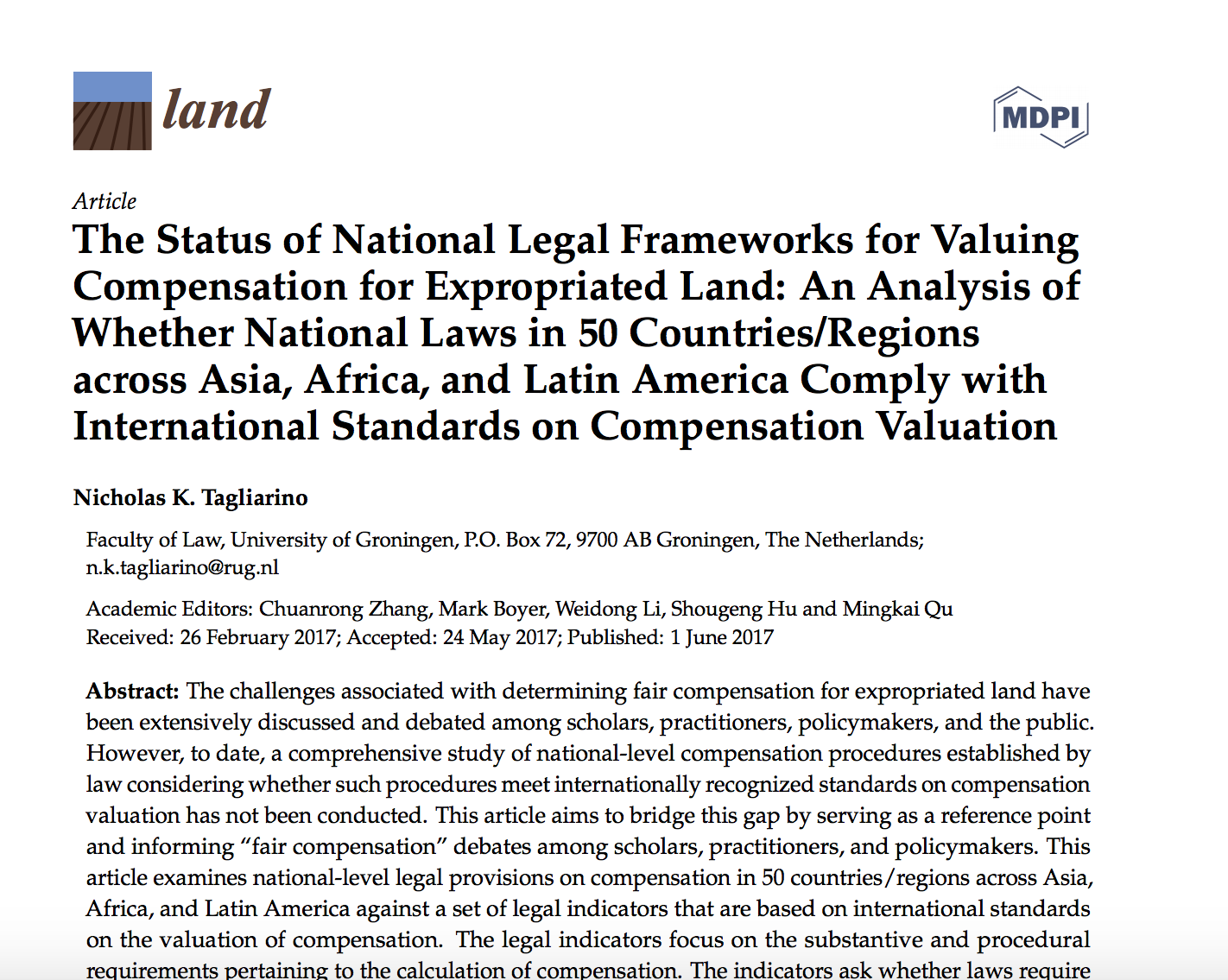Pyrali Abdul Rasul Esmail v Adrian Sibo
"Whether the Expropriated Properties Act No.9 of 1982, to the extent that it nullified the sale of the suit property to the defendant and accordingly deprives him of his proprietary interest therein, contravenes the Constitution of the Republic of Uganda and is thereby null and avoid."







